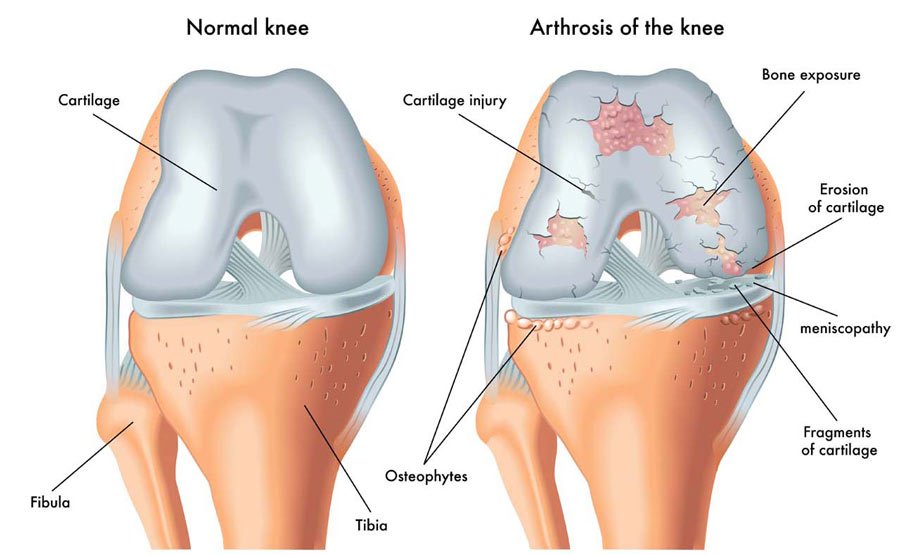Arthritis Treatment
Arthritis Treatment

Types of Arthritis We Treat

Osteoarthritis (OA)
Age-related joint wear and tear

Rheumatoid Arthritis
Autoimmune disease causing joint damage

Psoriatic Arthritis
Related to psoriasis, affects skin and joints
Our Treatment Approach
Non-Surgical Treatments
Medications: NSAIDs, DMARDs, corticosteroids, biologics
Physical Therapy: Restores mobility and strengthens muscles
Joint Injections: Corticosteroid or hyaluronic acid injections for relief
Lifestyle Changes: Exercise, weight management, and diet modification
Bracing or Assistive Devices: To support and protect affected joints
Advanced Interventions
Minimally Invasive Procedures: Arthroscopy to remove damaged tissue
Surgical Options: Joint replacement (hip, knee, or shoulder) in severe cases
Pain Management Clinics: For chronic cases needing long-term relief
Benefits of Timely Arthritis Treatment
Reduces pain and stiffness
Improves joint function and mobility
Slows disease progression
Enhances quality of life
Avoids or delays the need for surgery
Frequently Asked Questions (FAQs)
No, but it can be effectively managed. With the right treatment plan, many people live normal, active lives.
Osteoarthritis is the most common form, often affecting the knees, hips, and hands due to aging or joint overuse.
Joint pain, stiffness (especially in the morning), swelling, and reduced mobility. Symptoms may develop gradually or appear suddenly.
If you experience persistent joint pain, stiffness, or swelling for more than two weeks, it’s time to consult a specialist.
Yes. Anti-inflammatory diets rich in omega-3s, fruits, and vegetables — and low in processed foods — can help reduce joint inflammation.

